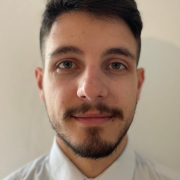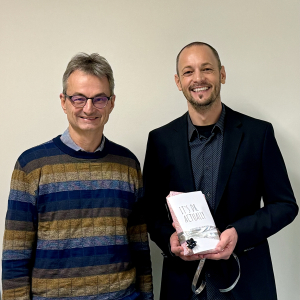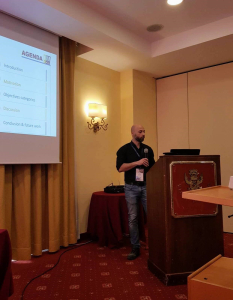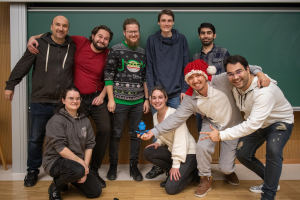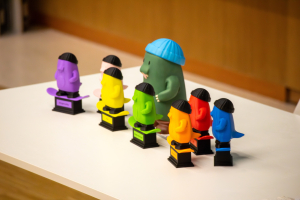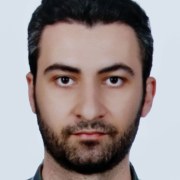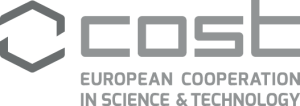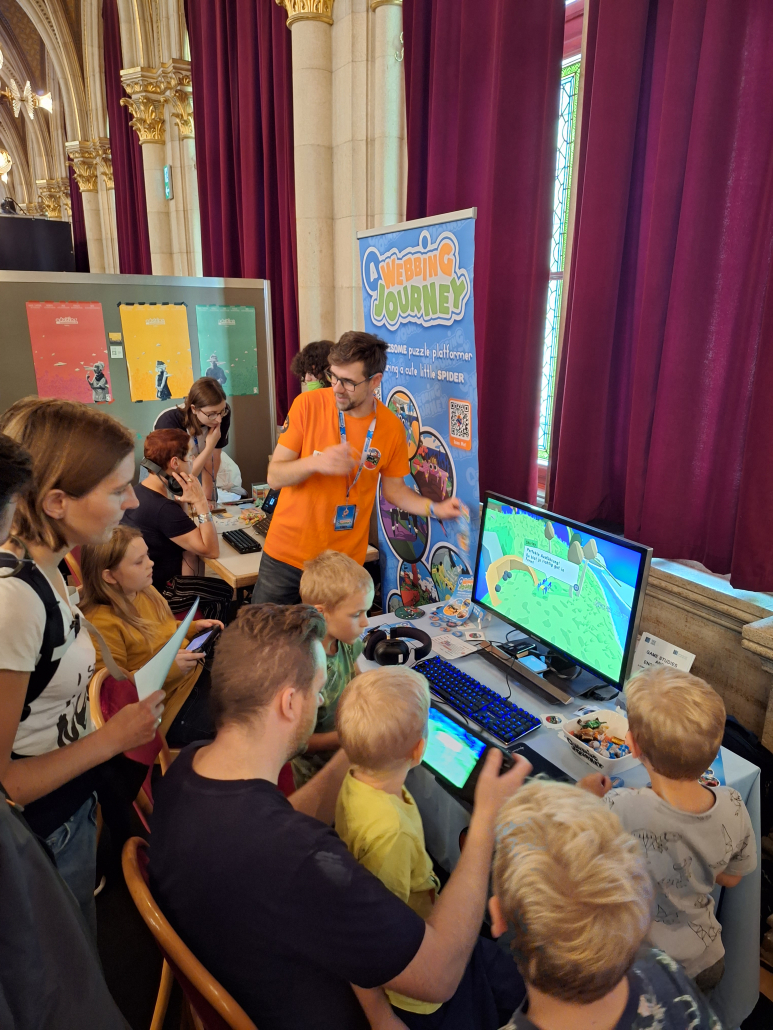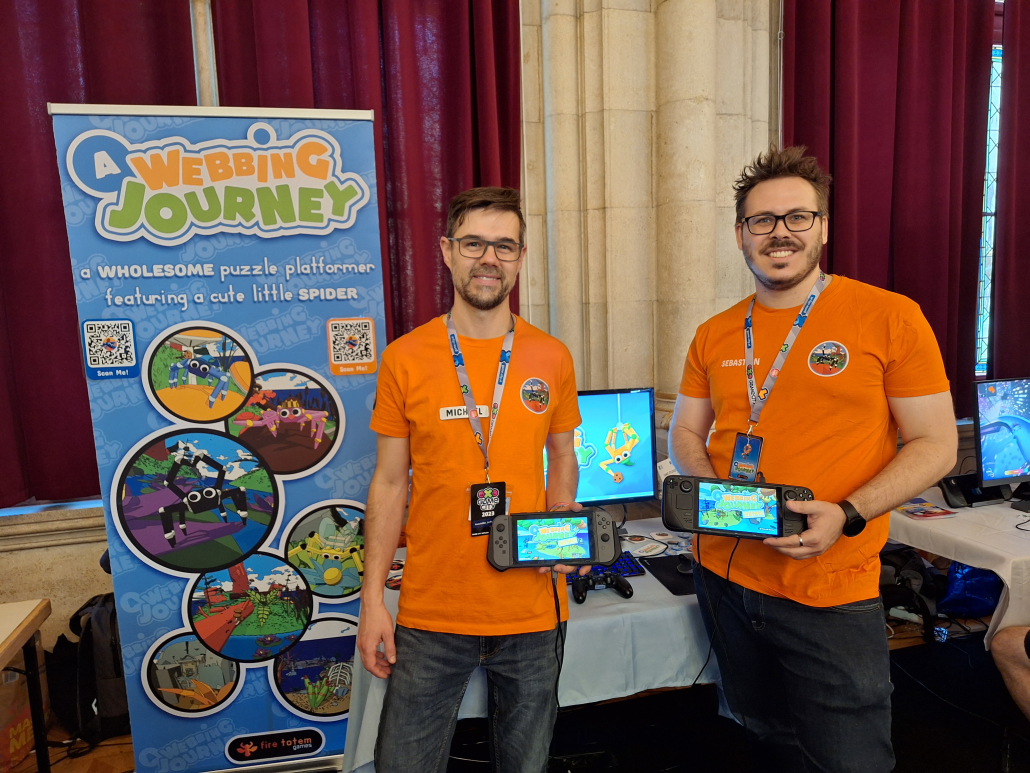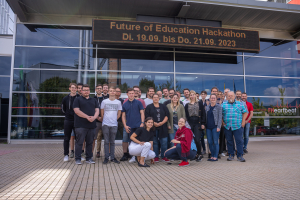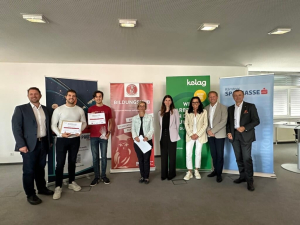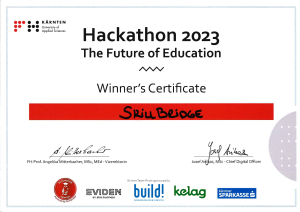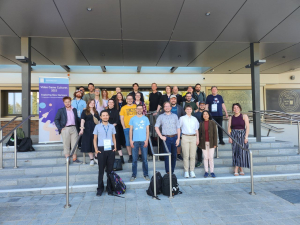We’re seeking a passionate researcher for a PhD role in “Efficient Algorithms and Accelerator Architectures for Distributed Edge AI Systems”. This unique position offers the chance to work under the esteemed supervision of Prof. Radu Prodan (AAU Klagenfurt) and Prof. Marcel Baunach (TU Graz), with my guidance at SAL.
https://www.linkedin.com/feed/update/urn:li:activity:7155106482257068032/
What You Will Do:
– Design & implement innovative distributed AI methods and algorithms.
– Customize these methods for the unique constraints of edge devices and networks.
– Investigate novel accelerator architectures for embedded AI applications.
– Explore quantization methods, with a focus on training and fine-tuning on edge devices.
– Publish research in high-impact journals and present at international conferences.
🎓 Candidate Profile:
– Master’s degree in a relevant field.
– Strong in programming and machine learning.
– Excellent communication skills in English.
🌍 Important Residency Note: Applicants should not have resided or carried out main activities in Austria for more than 12 months in the 3 years immediately before the application deadline.
Apply Now! Ensure to follow the specific application process outlined at Crystalline Program Recruitment (link is in the job description). https://lnkd.in/dBCY2xfe


